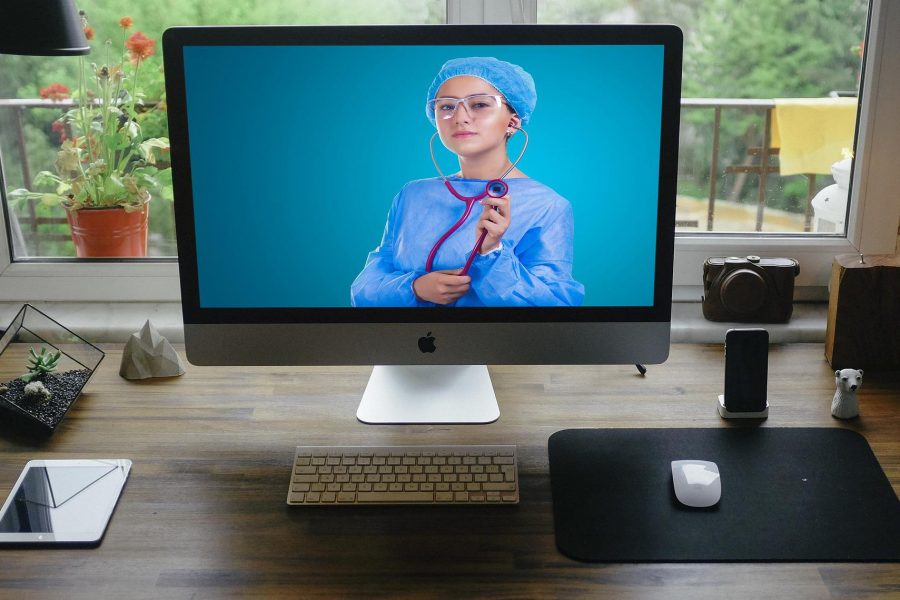Telehealth experiments during the pandemic confirmed the immense positive impact that virtual options provide to communities. It helps individuals in rural areas, those struggling with mental health crises, the poor, and even individuals with rare disorders. Speaking more generally, equipping young families with telehealth options also greatly helps parents.
I write from experience. Not too long ago, my toddler awoke and the whole left side of her face had suddenly swollen during the night. She could hardly see out of her left eye! Unfortunately, we were out of town visiting family, and nowhere near our pediatrician for an in-person visit.
Luckily, because of telehealth options, I could call her doctor anyway. Rather than waiting in an office for two separate visits for who knows how long, I had two quick, 10-minute calls with the doctor. While we were away from home, telehealth even permitted the doctor to prescribe an antibiotic which curtailed the swelling entirely.
Telehealth offers an immense amount of flexibility. Children with nascent immune systems quickly come down with sicknesses or symptoms such as rashes, fevers, or abnormal behaviors. When kids do not have the ability to describe what is going on, sometimes it is not clear whether a symptom warrants an emergency and is worth spending 2 hours in the pediatrician’s office. A short call with a pediatrician helps save time for both the family and the doctor’s office.
Inexperienced first-time parents often feel intense anxiety about the well-being of their infant child. It’s not uncommon to hear a story from a new mom or dad that rushed a baby to an emergency room for a slight fever or unusual dirtied diaper. Expansive telehealth services could help such parents have peace of mind in a more affordable way.
Breastfeeding can be very challenging, even for mothers who previously breastfed. Perhaps the mother isn’t producing enough milk, or the baby won’t latch. For the long-term success of mother and child, breastfeeding support is vital. But during the pandemic, access to in-person lactation support was nearly non-existent. LactApp, an online consultation tool, boomed during the pandemic and provided the aid that breastfeeding mothers needed.
After nearly two years of masking, “pandemic babies,” kindergarten, and elementary-age children show alarming delays in speech. Speech pathologists can hold virtual meetings to help kids learn language skills missed in key developmental periods.
For teenagers, virtual mental health treatment can also be beneficial. According to research by the Health and Human Service’s Office of Population Affairs, one of every two teenagers has had a mental health disorder at some point. Yet, as the group Mental Health America found, 60% of youth with major depression do not receive any mental health treatment.
Of course, psychologists can give talk therapy or offer practical advice virtually. But psychologists can also provide more technical treatment such as cognitive behavior therapy or eye movement therapy via telehealth. Upon proper evaluation, psychiatrists can prescribe mental health medications as well.
Even the government recognizes the importance of using telehealth to address the mental health crisis. On July 16, 2022, the United States launched the new 988 emergency suicide prevention helpline which links to over 200 specialized call centers all over the nation.
Last month, the House of Representatives passed the “Advancing Telehealth Beyond COVID-19 Act”. The legislation currently awaits a vote in the United States Senate.
The bill allows Medicare recipients to continue receiving telehealth services. It enables rural areas to continue serving patients who live far away. It provides virtual mental health services, virtual speech-language pathologists, physical therapists, and many other medical professionals to continue operating via telehealth.
Our nation often over-legislates on new technology, but we must keep room for telehealth, as it benefits even the youngest among us.
McKenzie Richards is a policy associate at the Pacific Research Institute.


